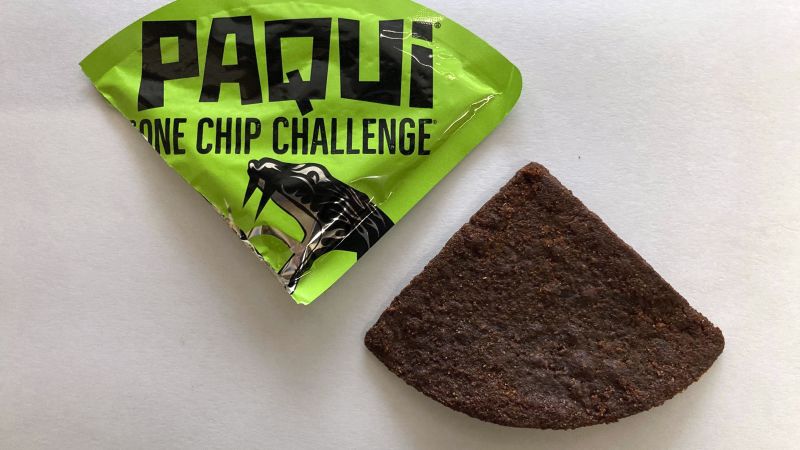A teenager in Massachusetts died of a heart attack in September after consuming a tortilla chip seasoned with a high concentration of a chemical compound found in chili peppers. The chip was part of Paqui’s ultra-spicy “One Chip Challenge” and contained both the Carolina Reaper pepper and the Naga Viper pepper. The chief medical examiner’s office confirmed that the teenager, Harris Wolobah, died of cardiopulmonary arrest after ingesting the chip.
The Carolina Reaper Pepper, which is one of the main ingredients in the chip, ranks just below pepper spray on the Scoville scale, which measures the heat of peppers and chilis. The Naga Viper pepper, another ingredient, is slightly less pungent but still very spicy, coming in at around 1.2 million heat units on the scale. These peppers are significantly spicier than a jalapeño pepper, which only measures at about 5,000 heat units.
Paqui voluntarily recalled the product after Wolobah’s death, which was packaged in a coffin-shaped box, and was only intended for adults. The company stressed that the product was not suitable for children or those sensitive to spicy foods or with underlying health conditions. Despite adhering to food safety standards, Paqui decided to remove the product from shelves out of caution due to reports of individuals not following the warnings. The “One Chip Challenge” has since been discontinued by the company.
Consumers who purchased the 2023 Paqui Carolina Reaper + Naga Viper Pepper One Chip Challenge bags that have not been consumed are eligible for reimbursement according to the company’s website. The spokesperson for Paqui emphasized that the company took these steps in response to increased reports of teens and others not heeding the warnings on the product. Paqui worked with retailers to remove the product from shelves in September 2023 following Harris Wolobah’s tragic death from consuming the spicy tortilla chip.
The tragic incident involving the teenager’s death due to consuming the incredibly spicy chip has brought attention to the potential dangers of such challenges. The capsaicin concentration in chili peppers, which gives them their heat, can have serious consequences for individuals with heart conditions or other health concerns. This case serves as a reminder of the importance of reading and following warning labels on food products, especially those containing potent ingredients like the Carolina Reaper and Naga Viper peppers.


